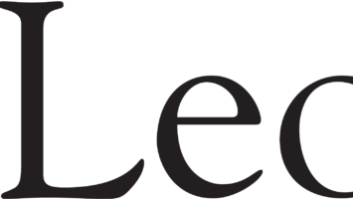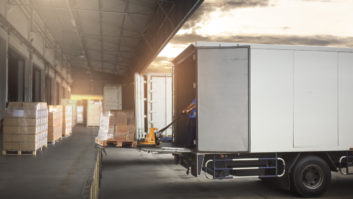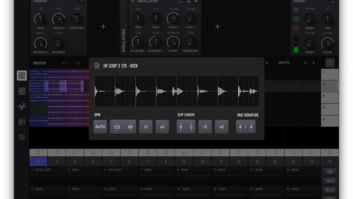The Federal Communications Commission (FCC) launched an inquiry into whether cellular signal boosters need to be banned or regulated to prevent cell-site interference.
Following requests by CTIA, booster maker Wilson Electronics and others, the FCC set a Feb. 5 deadline for comments and a Feb. 22 deadline for replies.
Signal boosters extend a cellphone’s range in the car or home in areas where signal strength is weak, and the CTIA contends that unauthorized or “inappropriately installed” signal boosters are causing interference in cellular carriers’ networks. CTIA asked the FCC to “clarify that the sale or use of signal boosters without appropriate CMRS [commercial mobile radio service] licensee consent is unlawful,” according to the FCC’s public notice.
Some members of PCIA—The Wireless Infrastructure Association in turn asked the FCC to “explore the best methods of resolving interference issues without resorting to regulations that unnecessarily inhibit the sale and installation of signal boosters, such as requiring prior licensee consent, or hinder market innovations,” the public notice states.
For its part, Wilson Electronics of St. George, Utah, contended in a filing that “well-designed and -engineered signal boosters actually benefit not only wireless customers but the carriers as well.” To ensure the boosters are well-designed.
The FCC, Wilson said, should require all signal boosters to feature:
effective self-oscillation (feedback) detection and automatic shutdown;
- effective cell tower proximity detection and automatic shutdown to prevent cell-site overloads; and
- bi-directional (tower-to-device and device-to-tower) signal amplification.
Sales director Walt Brooks told TWICE that feedback detection and automatic shutdown would prevent inaudible RF-noise-generating over-modulation that “can knock a tower down.” Proximity detection would prevent ambient noise from being amplified when close to a cell site to such an extent that it drowns out other calls being made through the site, he added.
For best user satisfaction, two-way amplification should be required. Some signal boosters only amplify incoming signals, not outgoing transmission, Brooks said.
“No network covers, or can cover, every possible location where cell phone users may need to make or receive a call,” added Wilson COO Joe Banos. “As such, we believe there is a public need for cellphone signal boosters, and restricting them will hurt the public.”












